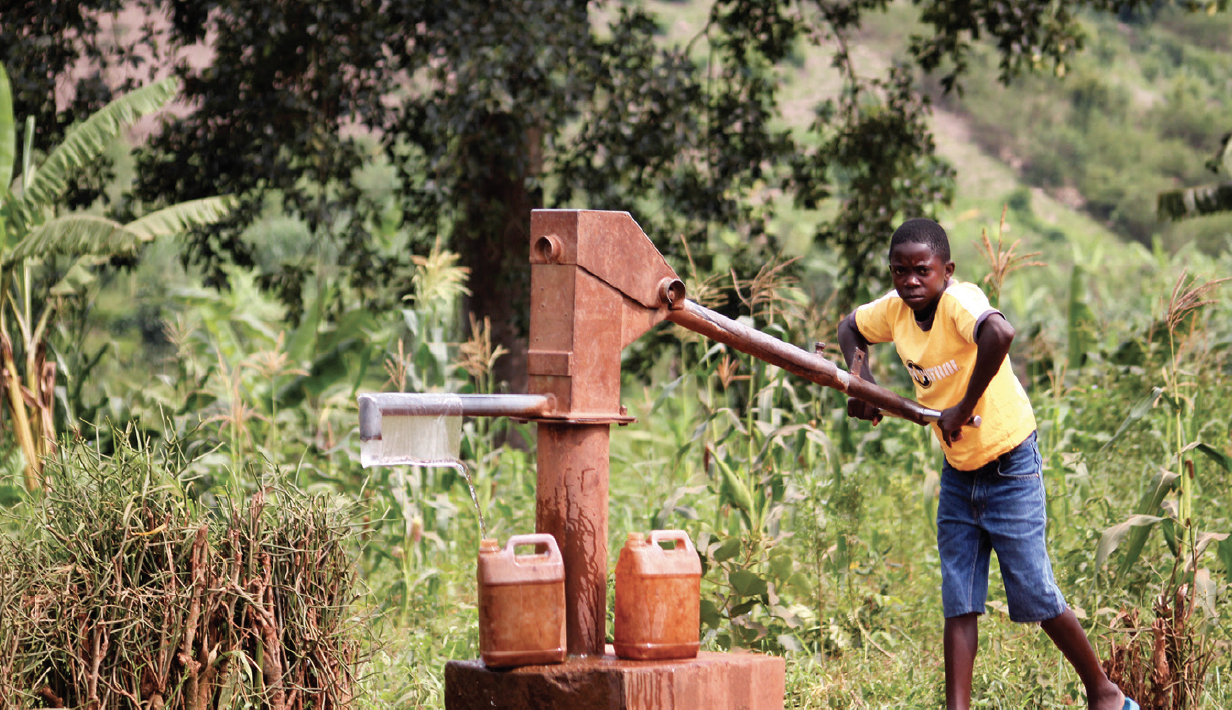Well-being in the face of a global threat
Tending to the social foundations of global health requires continuous work to strengthen our institutions. In Rwanda, this means ensuring the well-being of its people
The uncertain evolution of the COVID-19 pandemic and the disruption of essential health services, education, trade and supply chains are having a negative impact on health and prosperity. This pandemic has shown us the value of continuously strengthening our institutions to tend to the social foundations of global health. When COVID-19 hit, Rwanda quickly activated response mechanisms that included an economic recovery plan to ensure that the well-being of our citizens is preserved.
A pillar of our response has been equity. We ensured that COVID-19 testing was available to all whenever necessary without imposing any financial burden on our citizens. Similarly, equity remains a recurring theme in our health sector. Rwanda has continuously worked on the uptake of community-based health insurance schemes based on beneficiaries’ socio-economic status, bringing the country one step closer to universal health coverage. With the pandemic, we also realised the importance of preserving food security and adequate nutrition intake. As our citizens faced disruption in their regular jobs due to different prevention and mitigation measures, such as a country-wide lockdown for six weeks, a food distribution programme was quickly activated. In addition, ensuring proper hygiene practices has been a priority to minimise the risk of COVID-19 infection. Thankfully, over the years, Rwanda has worked on expanding access to clean and safe drinking water. As of 2016/2017, the country had managed to secure such access for 87% of its population.
Rapid response
Rwanda’s quick response to the pandemic was facilitated by the invaluable global collaboration the country witnessed, while navigating the complicated supply chains of testing materials and personal protective equipment. This was done with the support of key partners such as Jack Ma, the Clinton Health Access Foundation and the African Centers for Disease Control and Prevention, as well as bilateral country collaborations. This is a crucial time for sharing innovations and ideas to help one another in our goal of finding a cure and a vaccine for COVID-19. Moreover, once we acquire successful vaccines from the various candidates currently in clinical trials, Africa and the rest of the world must work together to ensure each country is able to acquire the necessary doses to protect its people. The pandemic is a reminder of the importance of building strong resilient health systems as part of global networks to ensure health for all in the face of a common threat.












